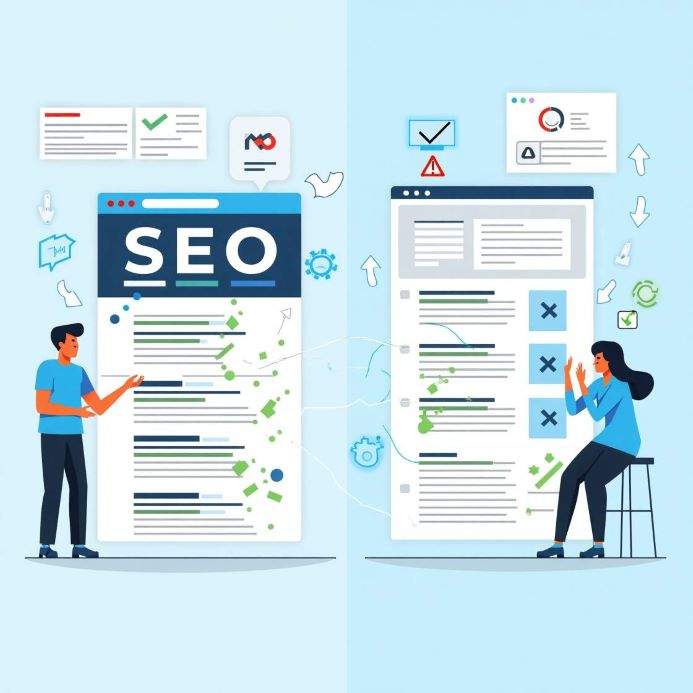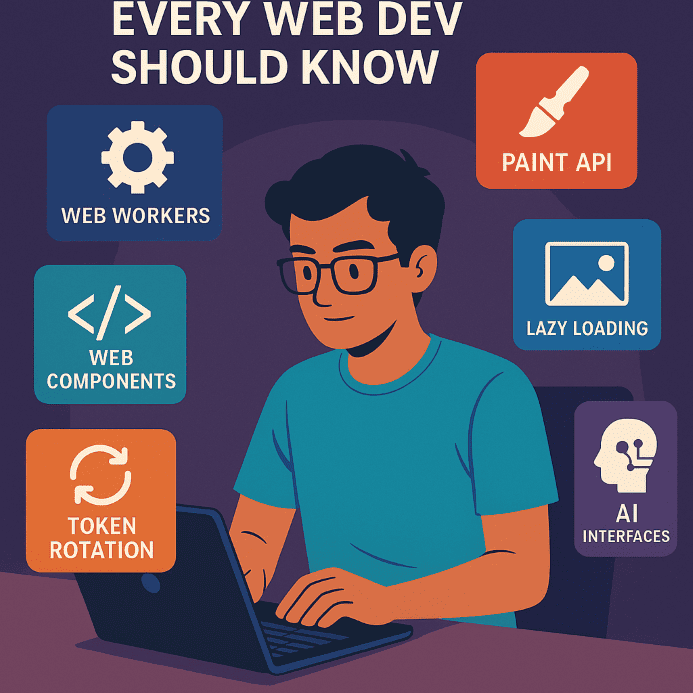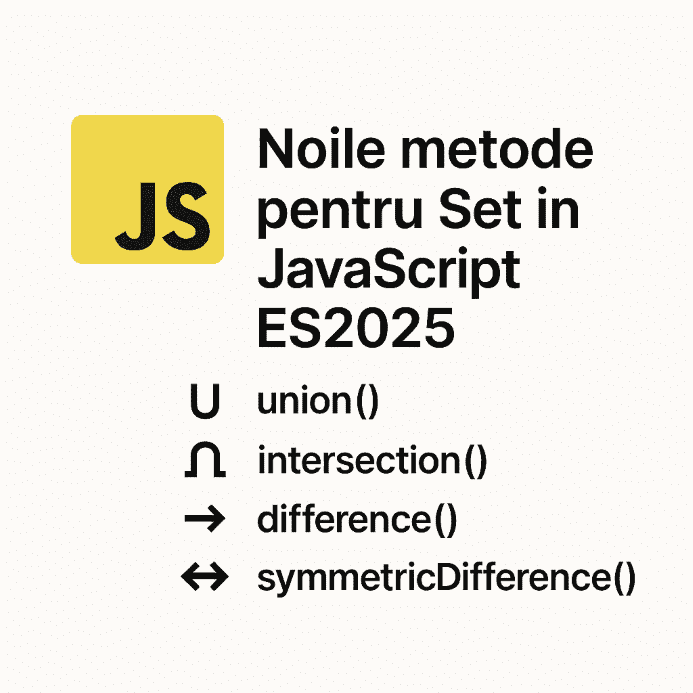10 SEO Mistakes to Avoid in 2025 for a Fast and Relevant Website

SEO in 2025 is no longer just about keywords and backlinks. Google’s algorithms are faster, more user-focused, and ready to penalize outdated tricks. In this article, we break down the 10 most common mistakes we see daily — and how to avoid them gracefully.
1. Chaotic HTML structure: no semantic hierarchy
The H1 should be unique, and H2, H3, etc. should follow the logic of the content. Many use headings just for styling — but Google reads them as the page’s map.
2. Slow pages due to heavy resources
It’s not just images that slow down your site: external fonts, unoptimized JS, and missing lazy loading. Speed directly affects your search ranking.
3. Missing relevant meta tags
Pages without a meta title or description — or with generic ones like “Untitled Page” — automatically lose SEO points and visibility on social media.
4. Nonsensical and overly long URLs
A URL like /page?id=123&ref=xyz says nothing about the content.
On the other hand, /seo-optimization-2025 sends a clear message.
5. Duplicate content across multiple pages
Reusing the same text on your blog, homepage, and social media gets you penalized subtly. Create original content or use a `canonical` tag where appropriate.
6. Ignoring structured data (Schema.org)
Use schema for articles, products, reviews, or contact pages. It helps Google better “understand” what you offer.
7. Poor mobile optimization
A “responsive” site in theory isn’t enough. Test how it actually loads, how buttons behave, and whether fonts are readable on phones.
8. Missing sitemap.xml and robots.txt files
Without a sitemap, Google won’t index your pages efficiently. Without robots.txt, you might leave sensitive directories open — or worse, block your entire site by mistake.
9. Keywords that are too broad or vague
Avoid targeting “IT services” or “design” without context. Be specific: “UX design for mobile apps” or “Local SEO optimization in Iași.”
10. Not updating older articles
Content that hasn’t changed in 2–3 years is seen as “expired.” Even if it’s still accurate, algorithms draw harsh conclusions. Update it or clearly mark it as evergreen.
What We Do at IB-Media to Avoid These Mistakes
- We use an on-page SEO checklist for every project
- We automatically configure sitemap & robots.txt for every site
- We maintain PageSpeed scores above 90% as an internal standard
- We review blog articles monthly for updates
SEO is no longer just about being found — it’s about being understood by algorithms and earning trust in a world where every second counts.




Be the first to comment!